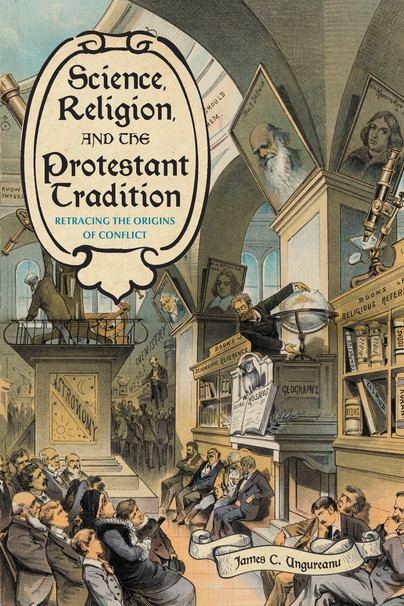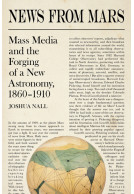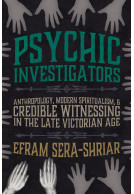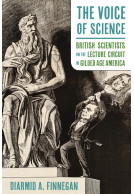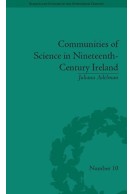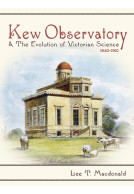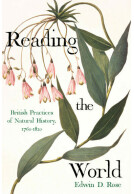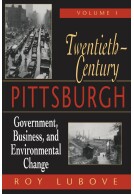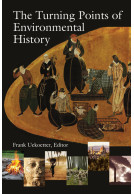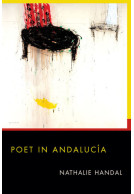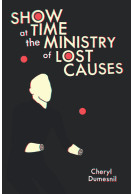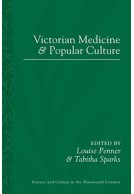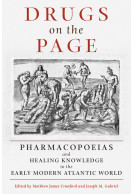Science, Religion, and the Protestant Tradition (Hardback)
Retracing the Origins of Conflict
Imprint: University of Pittsburgh Press
Series: Science and Culture in the Nineteenth Century
Pages: 368
Illustrations: 30
ISBN: 9780822945819
Published: 29th October 2019
Script Academic & Professional
Series: Science and Culture in the Nineteenth Century
Pages: 368
Illustrations: 30
ISBN: 9780822945819
Published: 29th October 2019
Script Academic & Professional
You'll be £39.00 closer to your next £10.00 credit when you purchase Science, Religion, and the Protestant Tradition. What's this?
+£4.99 UK Delivery or free UK delivery if order is over £40
(click here for international delivery rates)
Need a currency converter? Check XE.com for live rates
(click here for international delivery rates)
Need a currency converter? Check XE.com for live rates
The story of the “conflict thesis” between science and religion—the notion of perennial conflict or warfare between the two—is part of our modern self-understanding. As the story goes, John William Draper (1811–1882) and Andrew Dickson White (1832–1918) constructed dramatic narratives in the nineteenth century that cast religion as the relentless enemy of scientific progress. And yet, despite its resilience in popular culture, historians today have largely debunked the conflict thesis. Unravelling its origins, James Ungureanu argues that Draper and White actually hoped their narratives would preserve religious belief. For them, science was ultimately a scapegoat for a much larger and more important argument dating back to the Protestant Reformation, where one theological tradition was pitted against another—a more progressive, liberal, and diffusive Christianity against a more traditional, conservative, and orthodox Christianity. By the mid-nineteenth century, narratives of conflict between “science and religion” were largely deployed between contending theological schools of thought. However, these narratives were later appropriated by secularists, freethinkers, and atheists as weapons against all religion. By revisiting its origins, development, and popularization, Ungureanu ultimately reveals that the “conflict thesis” was just one of the many unintended consequences of the Protestant Reformation.
Other titles in the series...
Other titles in University of Pittsburgh Press...







